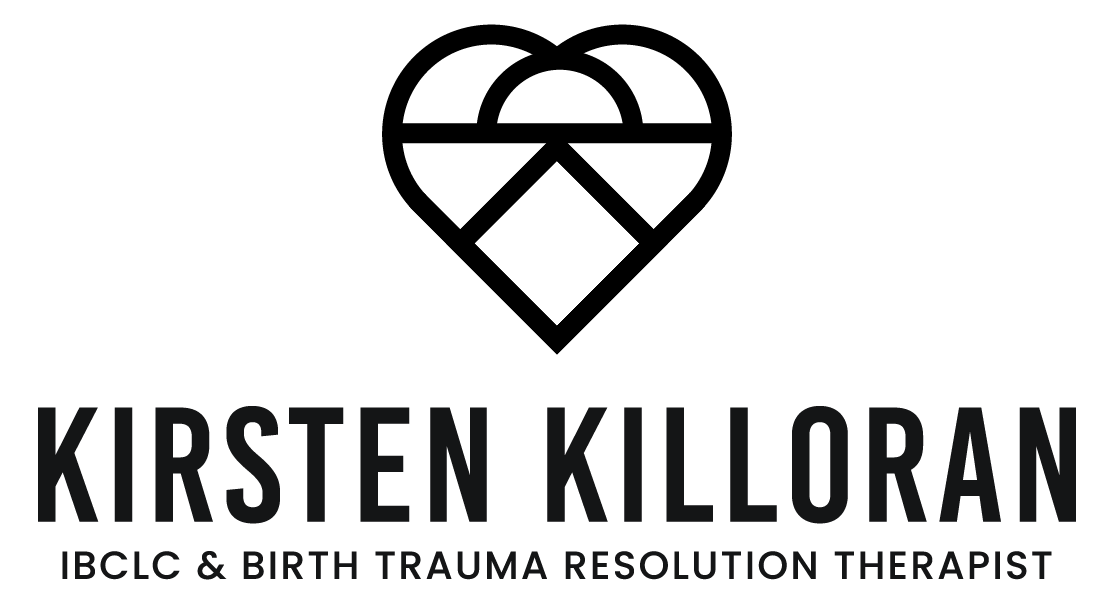
Birth Trauma Resolution (BTR) Therapy FAQs
-
BTR Therapy is a safe, gentle and effective way to treat those experiencing trauma.
It is designed to help the brain process and release trauma, resolving the debilitating symptoms that come along with it.
Although it is called “Birth” Trauma Resolution Therapy, I work with a wide range of perinatal issues, including fertility challenges, loss and miscarriage, traumatic pregnancy, birth trauma and breastfeeding grief and trauma.
BTR Therapy is also helpful for partners, as well as birth workers (midwives, doulas, doctors, etc).
-
In our first session, I use some screening tools to determine which treatments might work best for you. We also do a debrief, where you are free to share as much or as little of your experience as you are comfortable with.
Further sessions consist of breathing techniques, guided meditations and the “Rewind Technique”, which is used to take the painful sting out of traumatic memories. Other treatments may be included to help you prepare for a future birth, or to create a future where you feel calm and in control.
-
While no one can tell you if what you have experienced is traumatic for you, I am always happy to schedule a free chat to talk things over and answer any questions you might have.
Jenny Mullan, the founder of BTR Therapy, has also created a helpful questionnaire that you can use to assess some of your symptoms.
Please be aware that while some people may not meet the criteria for post traumatic stress disorder, another type of trauma (called “sub threshold” trauma) is also very treatable with BTR Therapy.
-
Absolutely!
It is recommended to wait until your baby is 6 weeks old, to see if you are able to process the trauma naturally.
I have seen many clients whose babies are several years old - even those whose “babies” are now grown adults!
-
I recommend at least 3 sessions for best results.
This allows us to build a safe, positive working relationship and develop helpful relaxation techniques before moving on to addressing and treating the trauma.
-
I am happy to offer one-off birth debriefs for couples, as a chance to share your experiences of the birth in a safe, supportive space.
However, due to the deeply personal and sensitive nature of BTR Therapy, sessions are done on a one-to-one basis only.
-
BTR Therapists are located all around Ireland. To find one closer to you, please visit - Birth Trauma Ireland.
If you are from outside Ireland, please check Birth Trauma Resolution for a worldwide list of practitioners.
-
Absolutely! Partners can also develop birth or perinatal trauma following a traumatic birth or events such as fertility challenges, miscarriages or loss.
Many partners see great benefits following BTR sessions.
-
Absolutely! Whether it’s witnessing traumatic births, working in high-stress situations like the NICU, or the challenges presented by our maternity system, birth workers can be greatly affected by birth and perinatal trauma.
Please contact me to find out how I can help.
-
Yes, in many cases BTR therapy is covered by private health insurance. Please talk to your provider to confirm.
Once your payment is received, I will send you a receipt that you can send on to your provider.
-
Unfortunately, BTR therapy is not covered by medical cards at this time.
However, PLEASE do not feel that you are unable to afford help. If you are unwaged or out of work, please contact me to discuss some options for your care.
Breastfeeding Support FAQs
-
An International Board Certified Lactation Consultant (IBCLC) provides breastfeeding support and research based information.
IBCLC is a globally recognised qualification of expertise in breastfeeding assistance.
All IBCLCs have passed an exam and partake in continuous education to keep their skills updated with recent research.
-
A lot happens in a home visit, and depends on the issues you and your baby might be experiencing.
Generally, it includes:
observing a feed
an assessment of your baby’s mouth, tongue and suck (if necessary)
a visual breast assessment (if necessary)
discussion about the challenges you are experiencing
suggestions for possible changes to position, techniques to improve latch
plenty of time for your questions and concerns to be answered
working together to co-create a care plan to resolve/improve any issues you’ve identified
10 day after care period (text/WhatsApp) for any further questions or concerns
revision of care plan if necessary
-
If it is required, I will ALWAYS ask for your consent before any hands on contact. You are completely free to request no contact visits.
If an examination of your baby’s mouth and tongue are recommended, I will need to examine them. I will always wear gloves before proceeding.
While I do love cuddly baby snuggles, I will only have a cuddle if it’s ok with you! :)
-
Absolutely!
Part of a breastfeeding consultation is finding a plan that works for you.
My job as a lactation consultant is to help you have the best breastfeeding journey possible - whatever that looks like for you and your baby. It might be exclusively breastfeeding, exclusively pumping, or combination feeding. It’s up to you!
-
Yes, in most cases private breastfeeding support is covered by private health insurance. Please do check with your provider to confirm.
Once payment is complete I will send you a receipt that you can send on to your insurance provider.
-
Unfortunately, private breastfeeding support is not covered by medical cards at this time.
However, PLEASE do not feel that you are unable to afford help. If you are unwaged or out of work, please contact me to discuss some options for your care.
